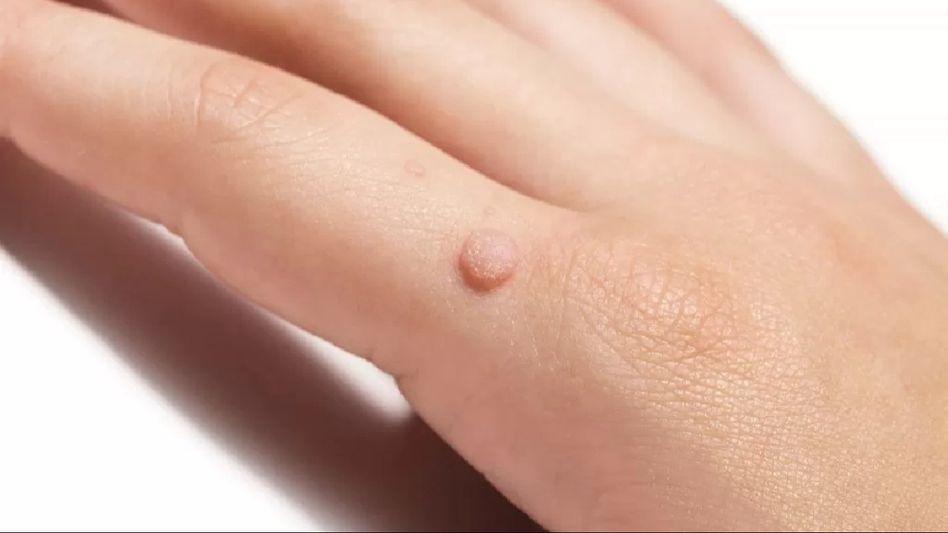Warding Off Warts: Effective Strategies to Reduce Wart Occurrence on Skin
Warts, caused by the human papillomavirus (HPV), are benign skin growths that can appear anywhere on the body. While warts are generally harmless, their appearance can be unsightly and cause discomfort or embarrassment for those affected.

Warts, caused by the human papillomavirus (HPV), are benign skin growths that can appear anywhere on the body. While warts are generally harmless, their appearance can be unsightly and cause discomfort or embarrassment for those affected. Fortunately, there are several strategies and preventive measures that individuals can take to reduce the occurrence of warts on their skin.
Understanding Warts:
Warts are contagious growths caused by HPV, which infects the top layer of skin and causes rapid cell growth. Warts can vary in appearance, from small, flesh-colored bumps to larger, rough, or cauliflower-like growths. Common types of warts include common warts, plantar warts (on the soles of the feet), flat warts (on the face, hands, or legs), and genital warts (in the genital or anal area). While anyone can develop warts, certain factors such as weakened immune system, skin trauma, and close contact with infected individuals can increase the risk of developing them.
Effective Strategies to Reduce Wart Occurrence:
Practice Good Hygiene: Proper hygiene habits, including regular handwashing with soap and water, can help reduce the spread of HPV and decrease the likelihood of developing warts. Avoid touching or picking at existing warts to prevent spreading the virus to other areas of the skin.
Boost Immune System: Strengthening the immune system can help the body fight off HPV and reduce the risk of developing warts. Maintain a healthy lifestyle with a balanced diet, regular exercise, adequate sleep, and stress management techniques to support immune function.
Avoid Sharing Personal Items: Avoid sharing towels, razors, socks, or other personal items with individuals who have warts to prevent the spread of HPV. Keep personal hygiene items clean and avoid sharing them with others to minimize the risk of transmission.
Wear Protective Footwear: To prevent plantar warts, wear protective footwear in public places such as swimming pools, locker rooms, and communal showers. Avoid walking barefoot in these areas to reduce exposure to the virus that causes plantar warts.
Keep Skin Dry and Clean: Moist, warm environments provide an ideal breeding ground for HPV. Keep the skin clean, dry, and well-ventilated to prevent the proliferation of the virus and reduce the risk of developing warts.
Avoid Direct Contact with Warts: Avoid direct contact with warts on other people's skin, as well as your own, to prevent the spread of HPV. Use caution when engaging in activities such as shaving, manicures, or pedicures, where there is a risk of coming into contact with infected skin.
Use Protective Measures in Public Areas: When using public facilities such as gyms, swimming pools, or saunas, use protective measures such as wearing flip-flops or sandals to reduce the risk of exposure to HPV.
Consider Vaccination: Vaccination against certain strains of HPV can help prevent the development of genital warts and reduce the risk of transmission. Consult with a healthcare provider to determine if HPV vaccination is appropriate for you.
Seek Prompt Treatment: If you notice any suspicious growths or changes in your skin, seek prompt medical attention. Early detection and treatment of warts can help prevent them from spreading and minimize their impact on your skin and overall well-being.
While warts can be a nuisance, especially when they appear in visible or sensitive areas of the skin, there are several strategies that individuals can implement to reduce their occurrence. By practicing good hygiene, boosting immune function, avoiding direct contact with warts, and taking other preventive measures, you can minimize your risk of developing warts and maintain healthy, clear skin. Remember to seek medical advice if you have concerns about warts or other skin conditions, as early intervention can lead to better outcomes. With diligence and proactive measures, you can ward off warts and enjoy smooth, blemish-free skin.
Copyright©2025 Living Media India Limited. For reprint rights: Syndications Today









